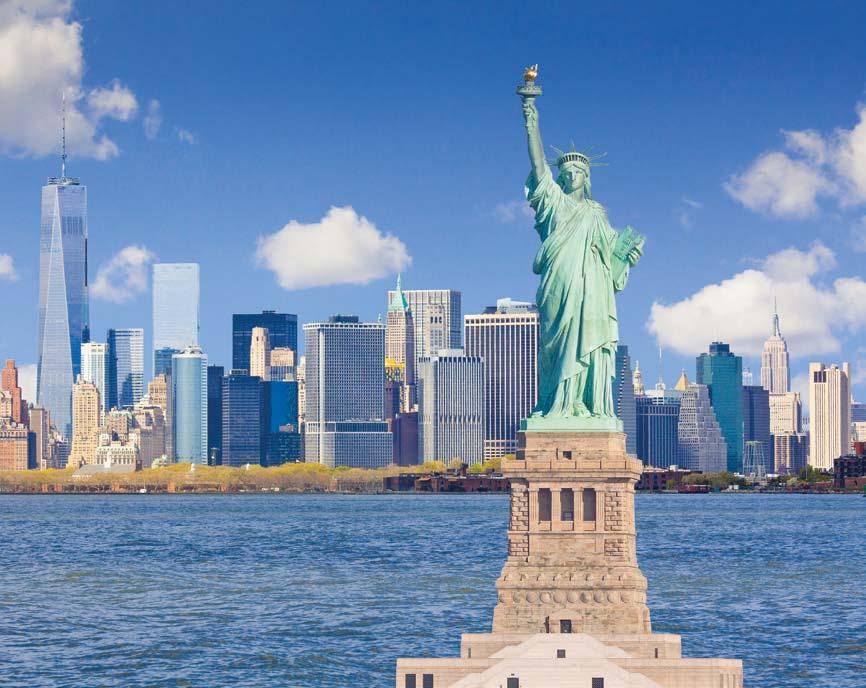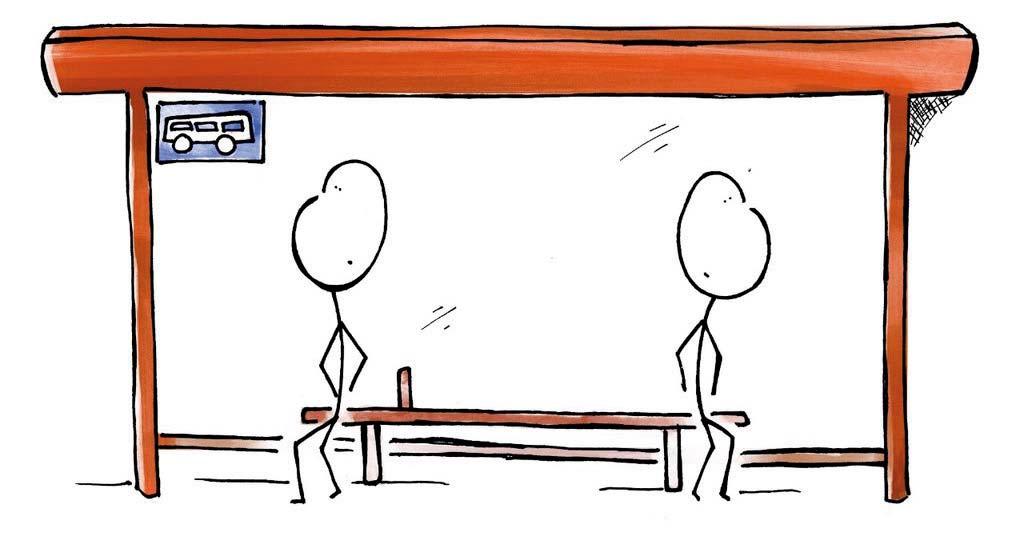Travel the digital world Travelling in the digital world is a complex activity. This is often more so than physical travel, as online meetings involve people of different backgrounds, languages and cultures. Thus, it is important to consider how these differences may affect communication. For example, people from different generations possess different digital competences. What you might find easy can be difficult for someone not familiar with the tools.
gs ek s
em pl
ar
From one-way to two-way communication The digital world has gone from being a mostly one-way medium to a two-way communication system at record pace. While your grandparents were mainly receivers of input, watching news from a government-appointed TV channel, you are both a receiver of input and a producer of feedback and output. Take social media, for example. You receive input by reading, post feedback as comments, repost input and spread it as output, and you might even produce output that becomes others’ input and output. All on one platform.
INPUT
rd er
in
SENDER
complex sammensatt/samansett affect påvirke/påverke pace tempo
Vu
possess innehar/har
receivers mottakere/mottakarar commodities råvarer
consequently følgelig/følgeleg
post feedback
spread output
RECEIVER/ PRODUCER
Your generation has instant digital access to the world, and it, in turn, has access to you. The digital world connects billions of people, and their personal information and messages have become the world’s most valuable commodities. Companies dealing with this information know what you think and how you feel and, consequently, what you like to buy and do. As a result, companies such as Google and Facebook are some of the most powerful and valuable in the world.
GENERALISED CORE VALUES as presented at the Global Internet Governance Forum in 2009 ˬ end-to-end principle ˬ open standards ˬ universal access ˬ freedom of expression
202
The World of English
SOURCE Anderson, J., et al. 2009. Core internet values workshop. Imagining the Internet. Elon.edu



































































